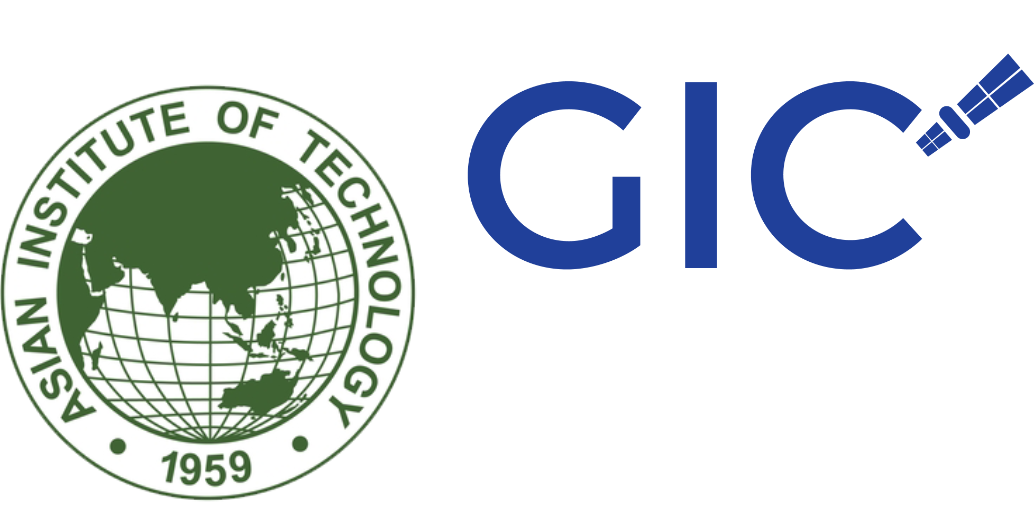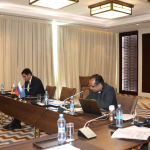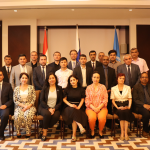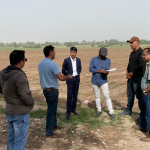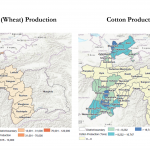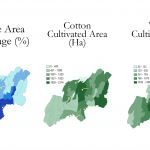Feasibility Study of Weather Index Insurance for Tajikistan
Agriculture is the backbone of Tajikistan’s economy, accounting for 45% of employment and 25% of the GDP. Climate change increase the risk in agriculture sector, causing changes in rainfall and temperature patterns resulting in problems to register a high level of yields and income variations in the country. Therefore, development in the agriculture insurance sector will be important in mitigating some of the risks. Agriculture insurance acts as a safety net for drastic yield variations, making farmers more resilient to climate change risks. Traditional crop insurance products are usually costly for farmers in developing countries and farmers in Tajikistan lack access to agriculture insurance to mitigate the risks associated with climate change. Most of farmers in Tajikistan are smallholder farmers, and developing affordable agriculture insurance products are critical for their welfare and food security for the country. Weather Index Insurance (WII) products are one such low-cost alternative for managing disaster and climate change risks.
The project on “Feasibility Study of Weather Index Insurance for Tajikistan” was initiated to assess the feasibility of introducing WII for agriculture sector in Tajikistan as a low-cost alternative to conventional indemnity-based agriculture insurance products. WII eliminates the need for in-field verifications of the insurance claims and thereby reduces the administrative costs to make them cheaper and attractive for farmers. This is particularly well-suited for developing counties, where small-scale farming plays an important role in the economy.
